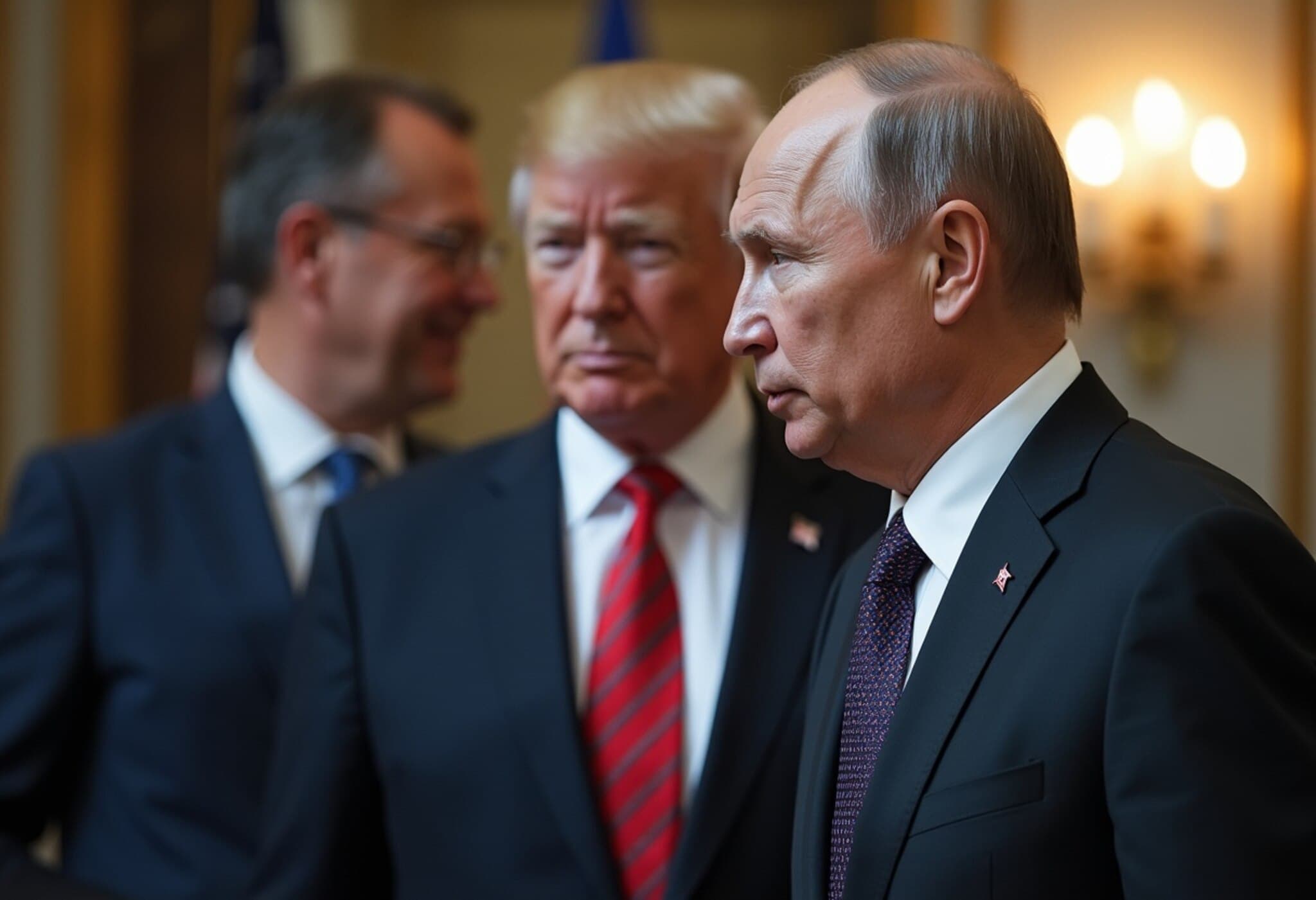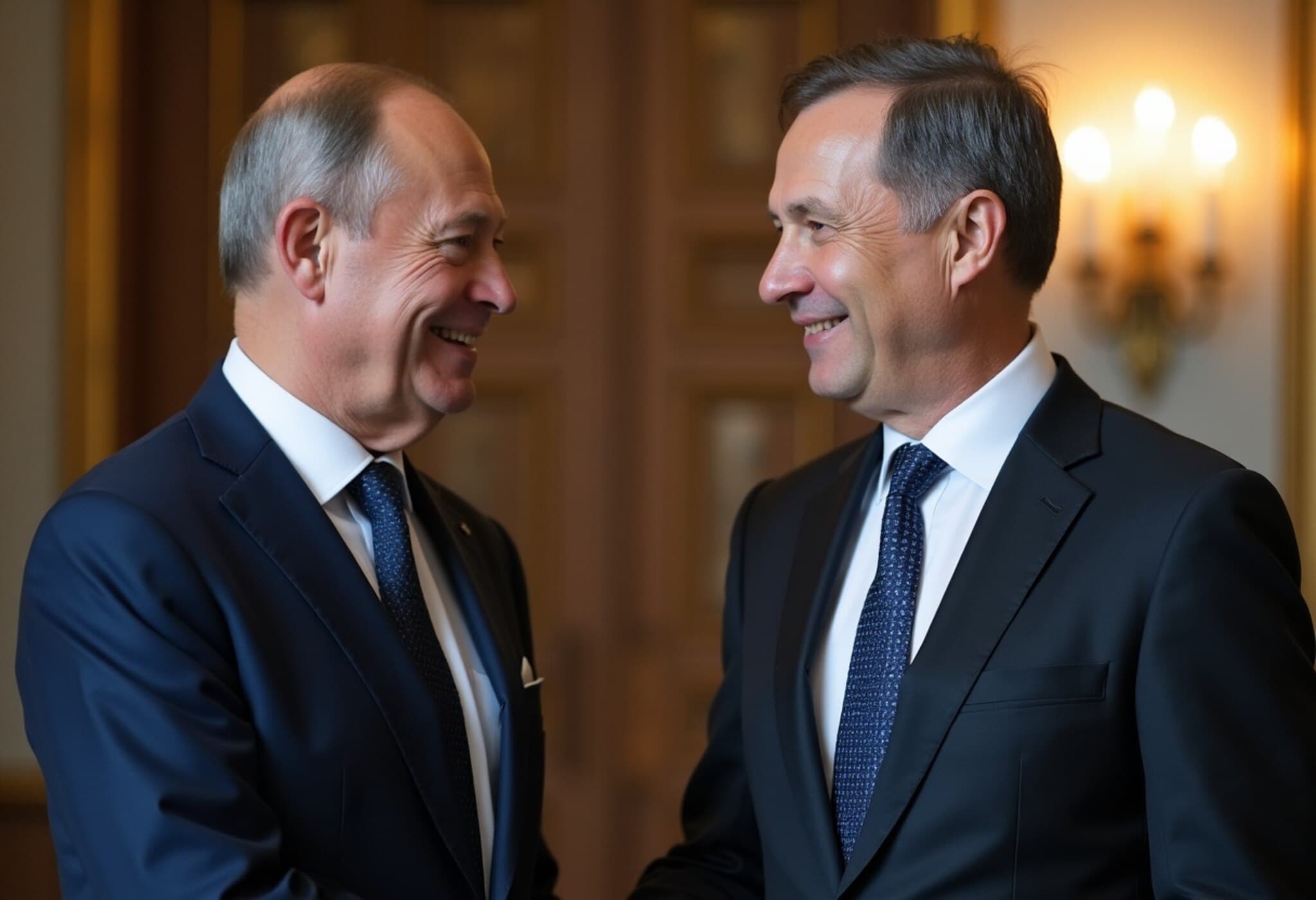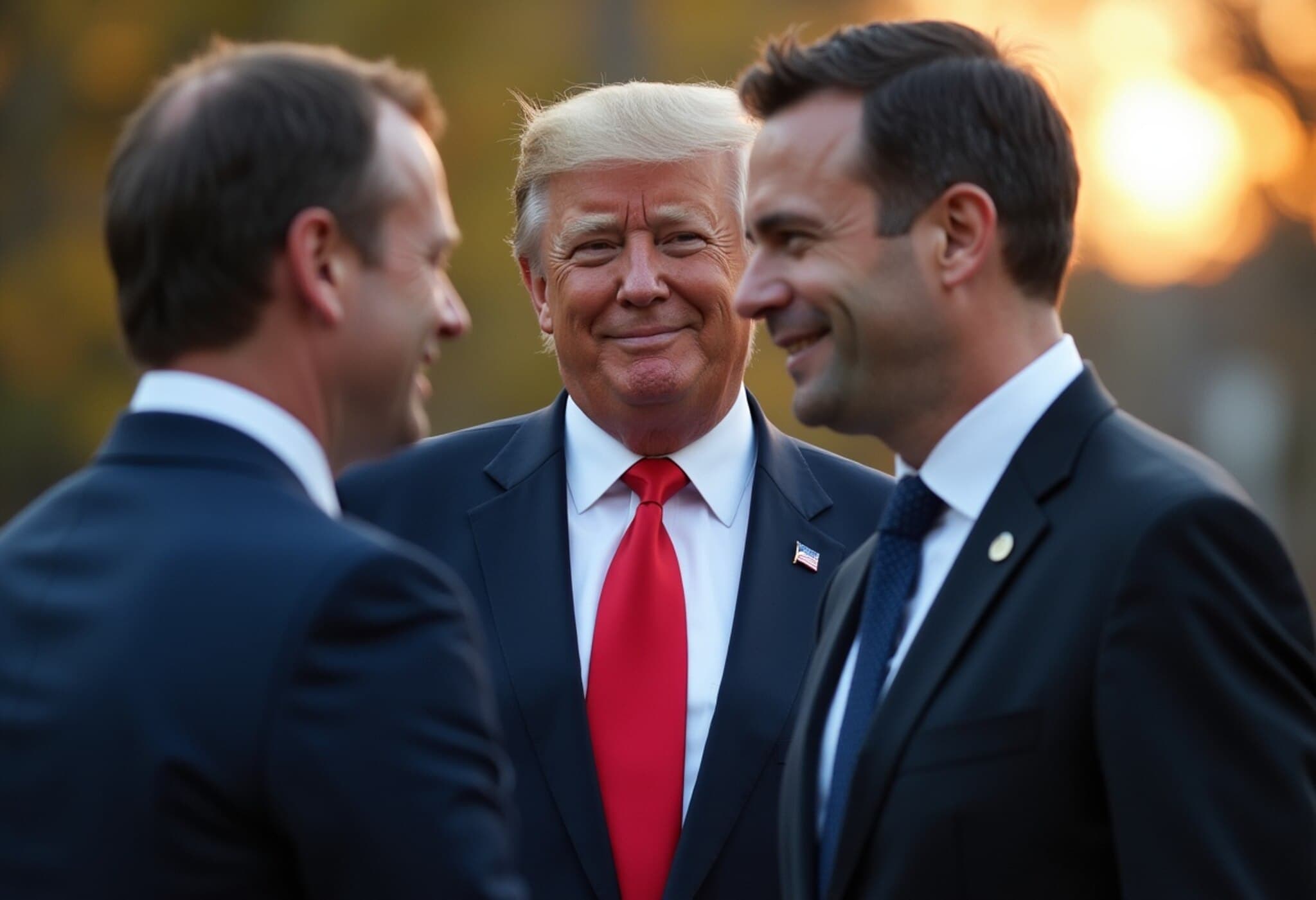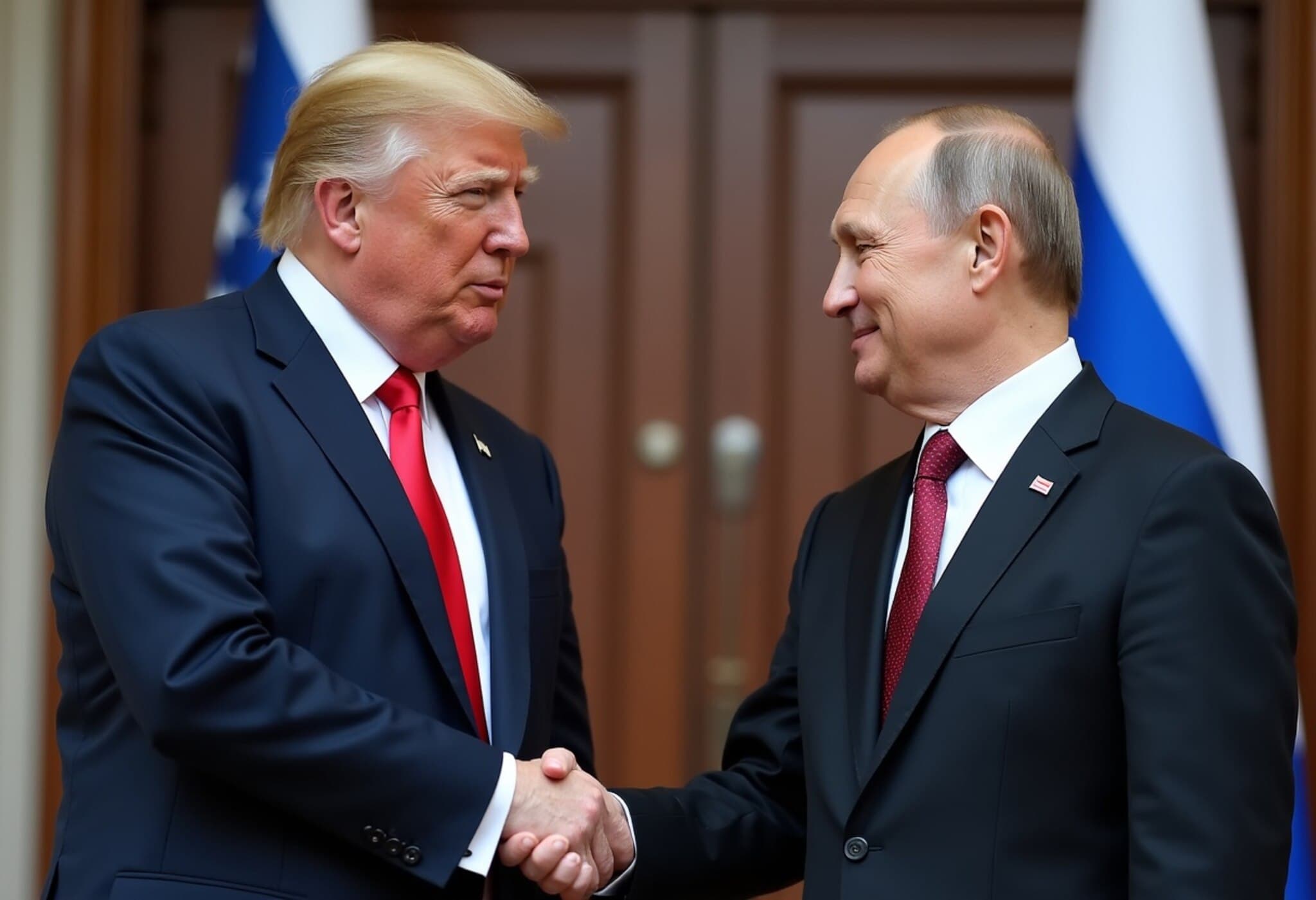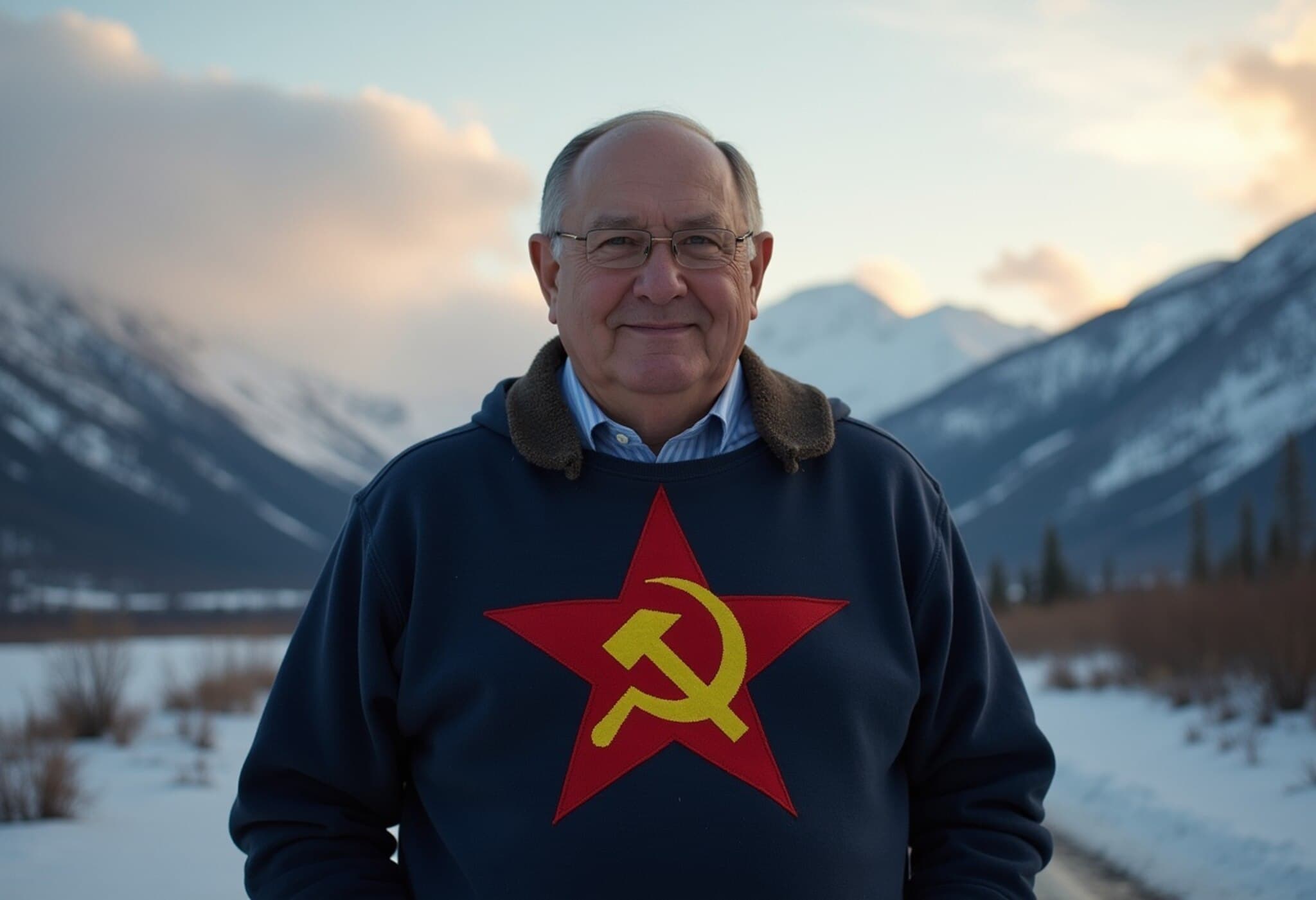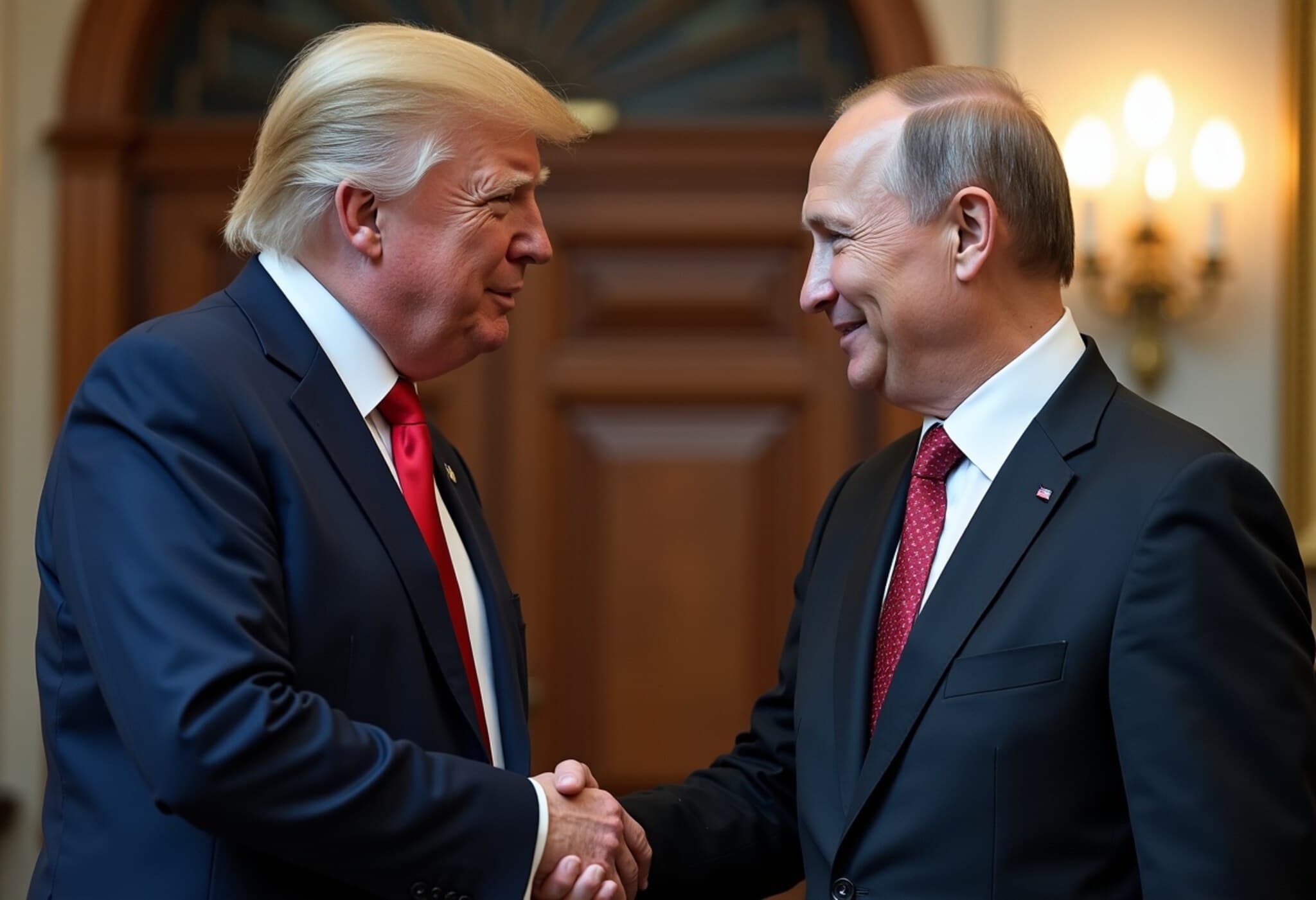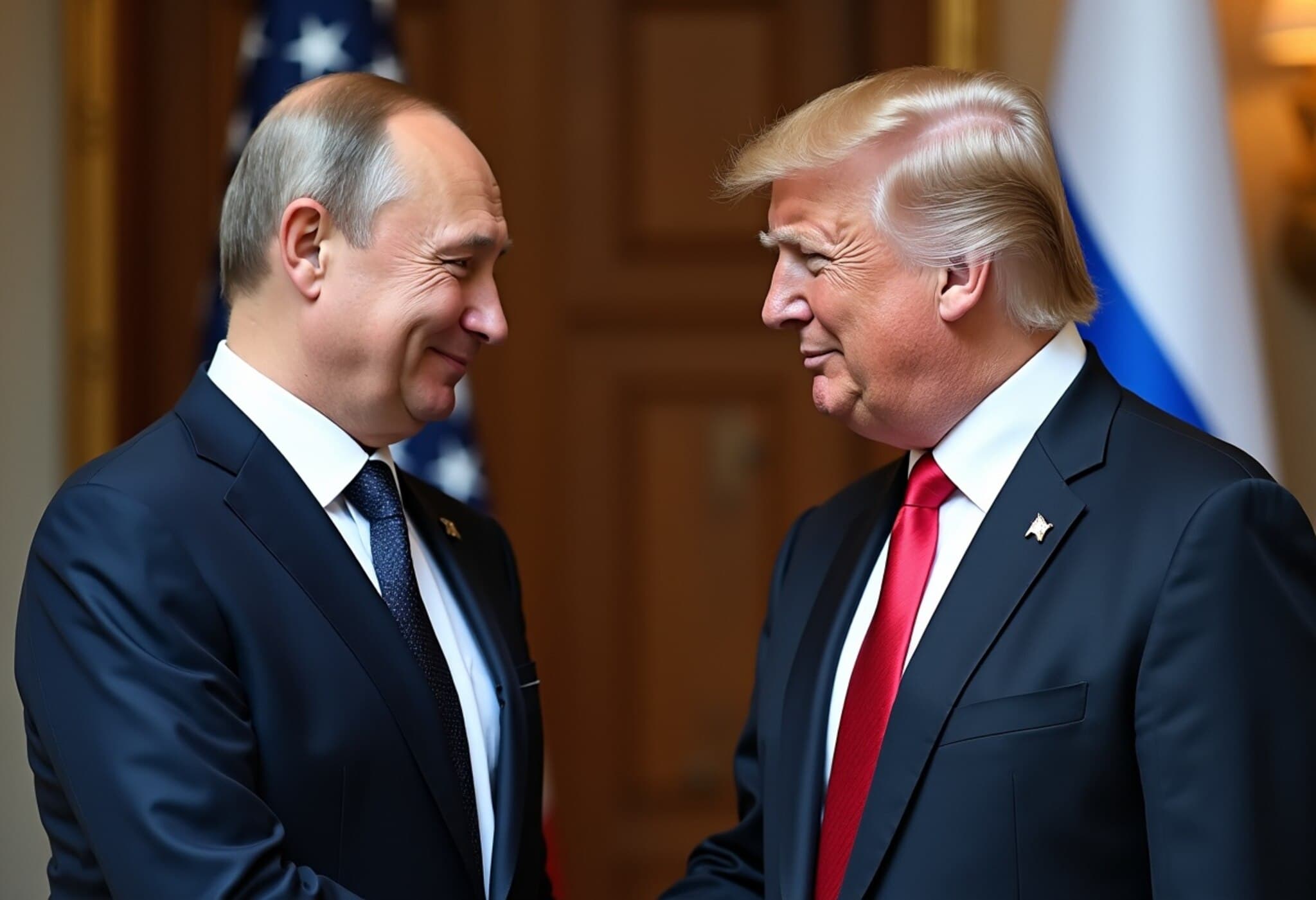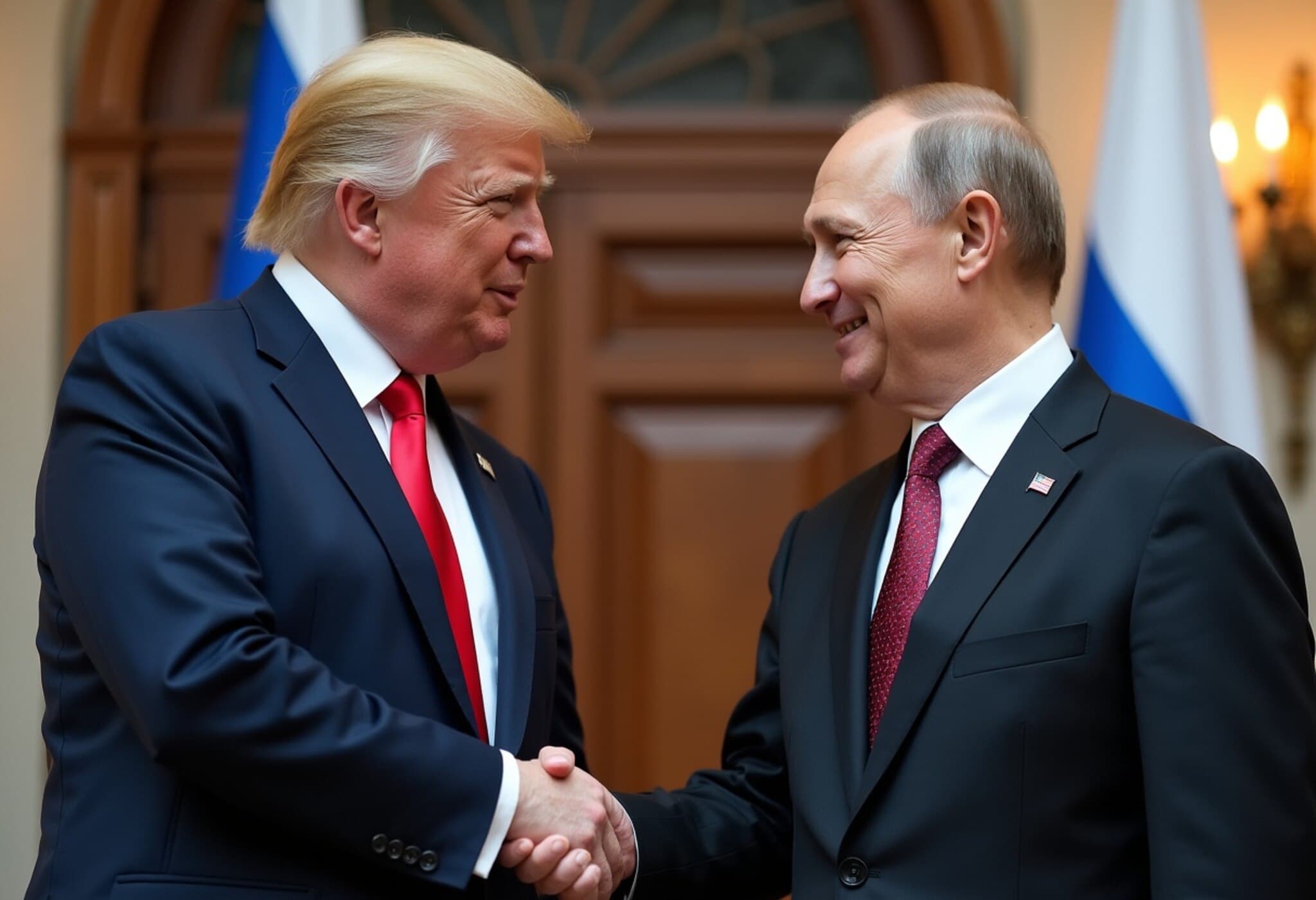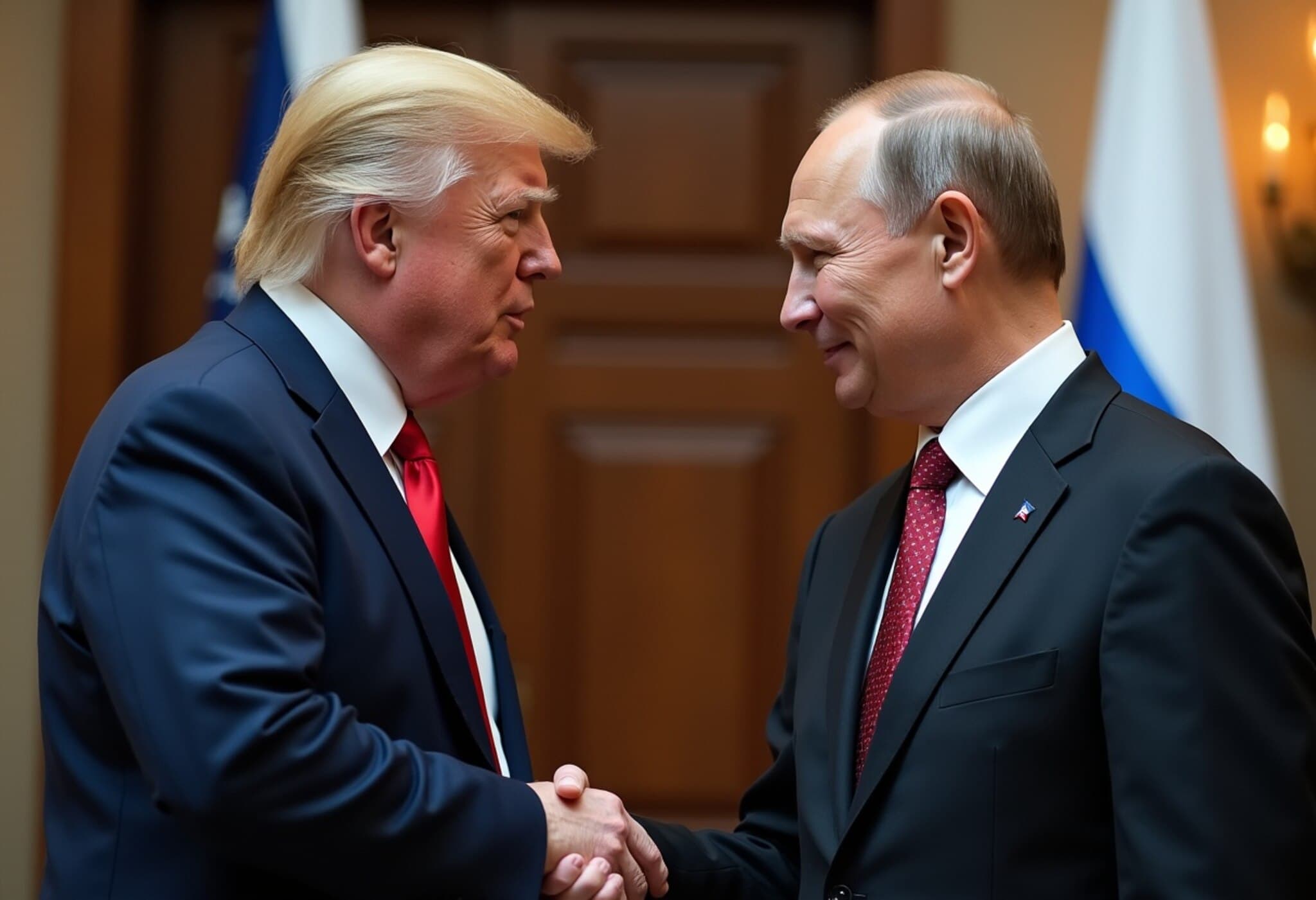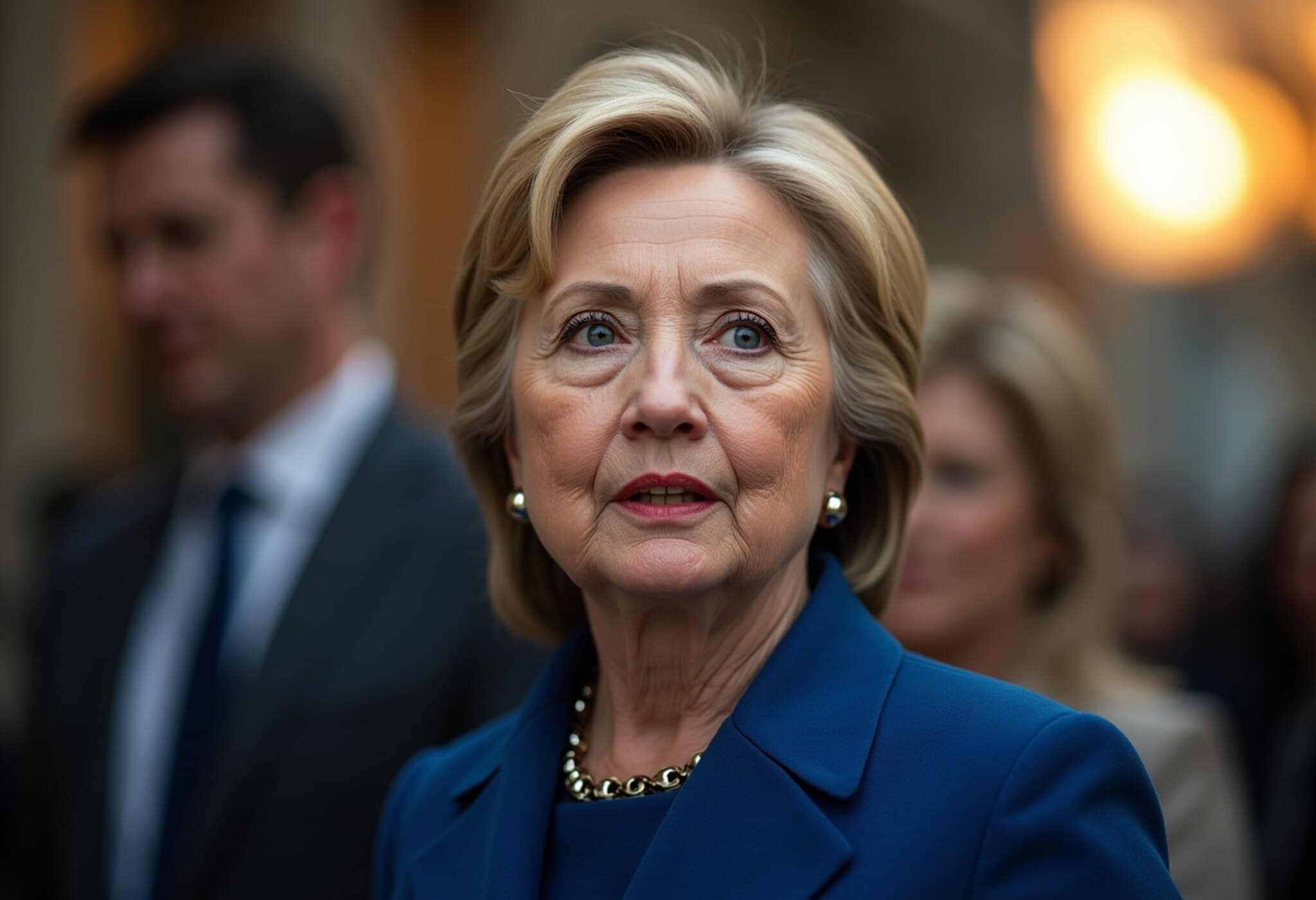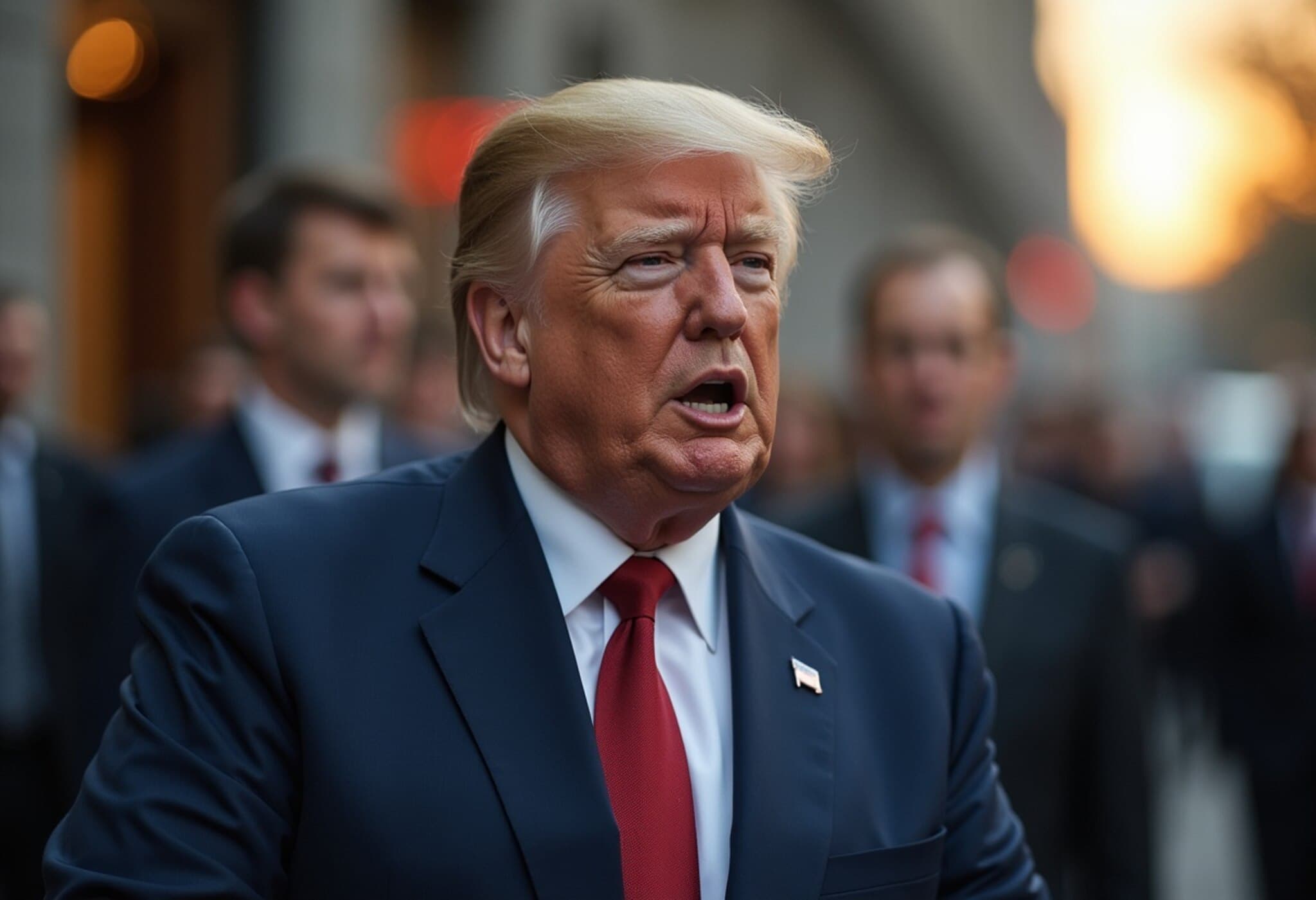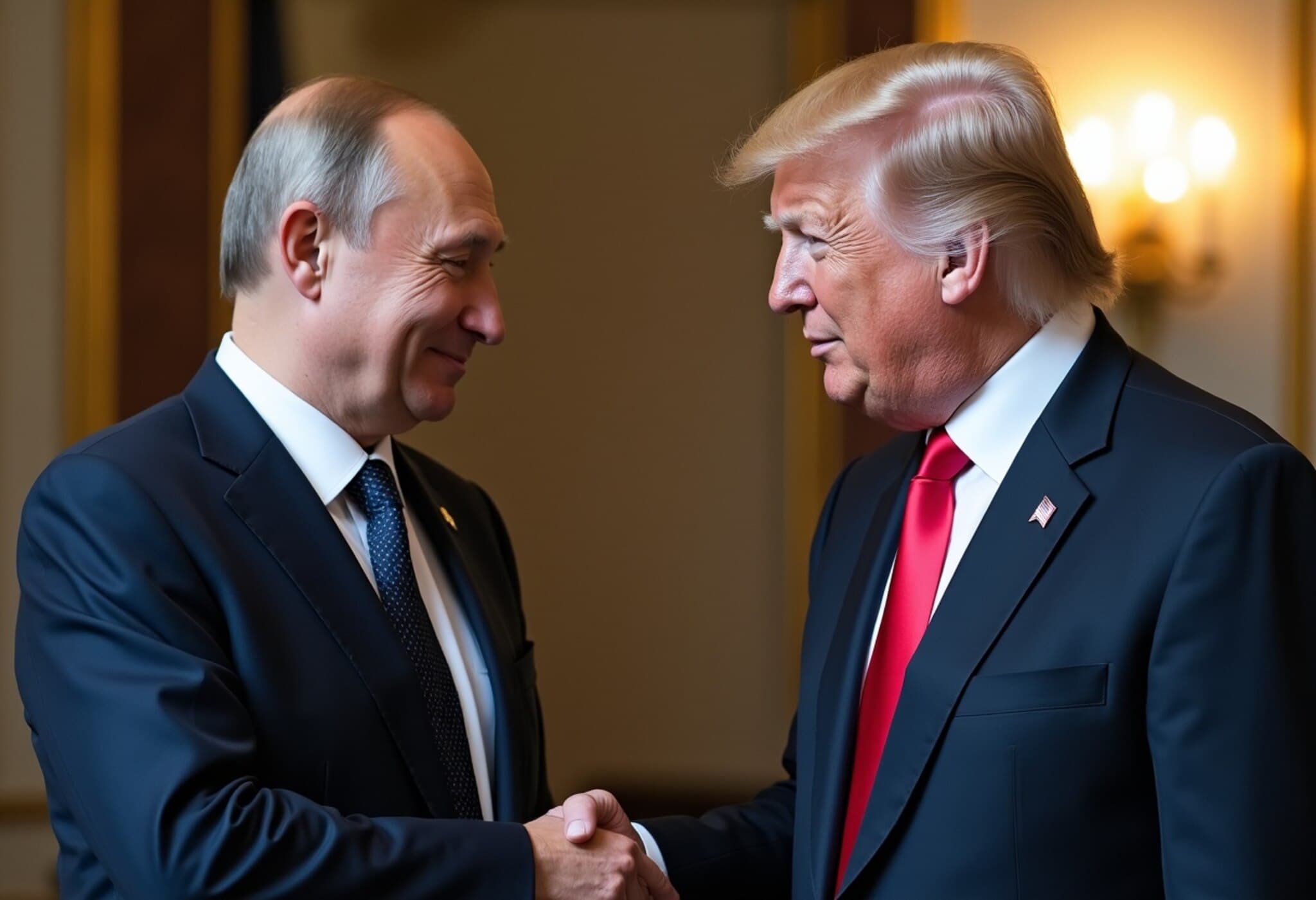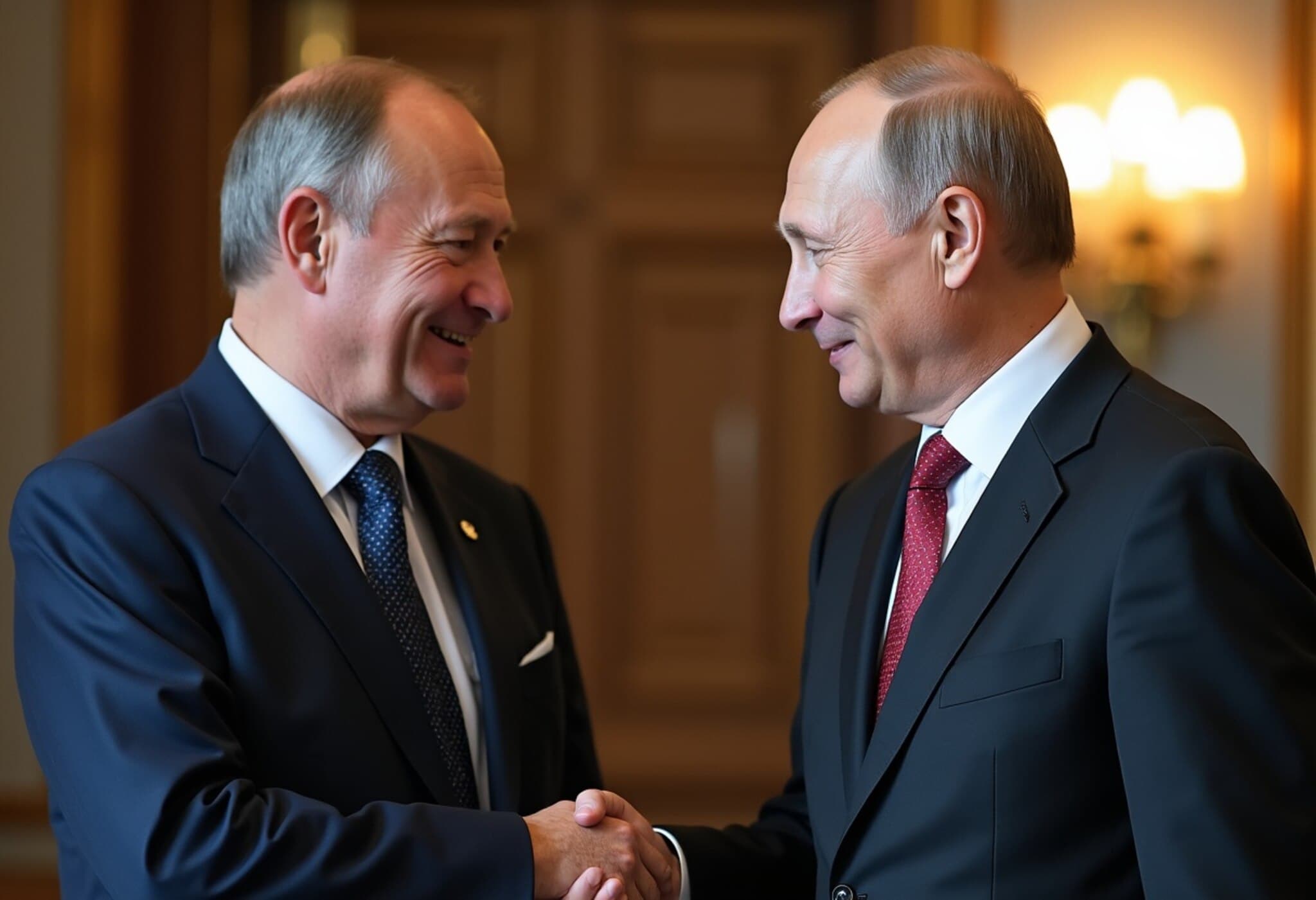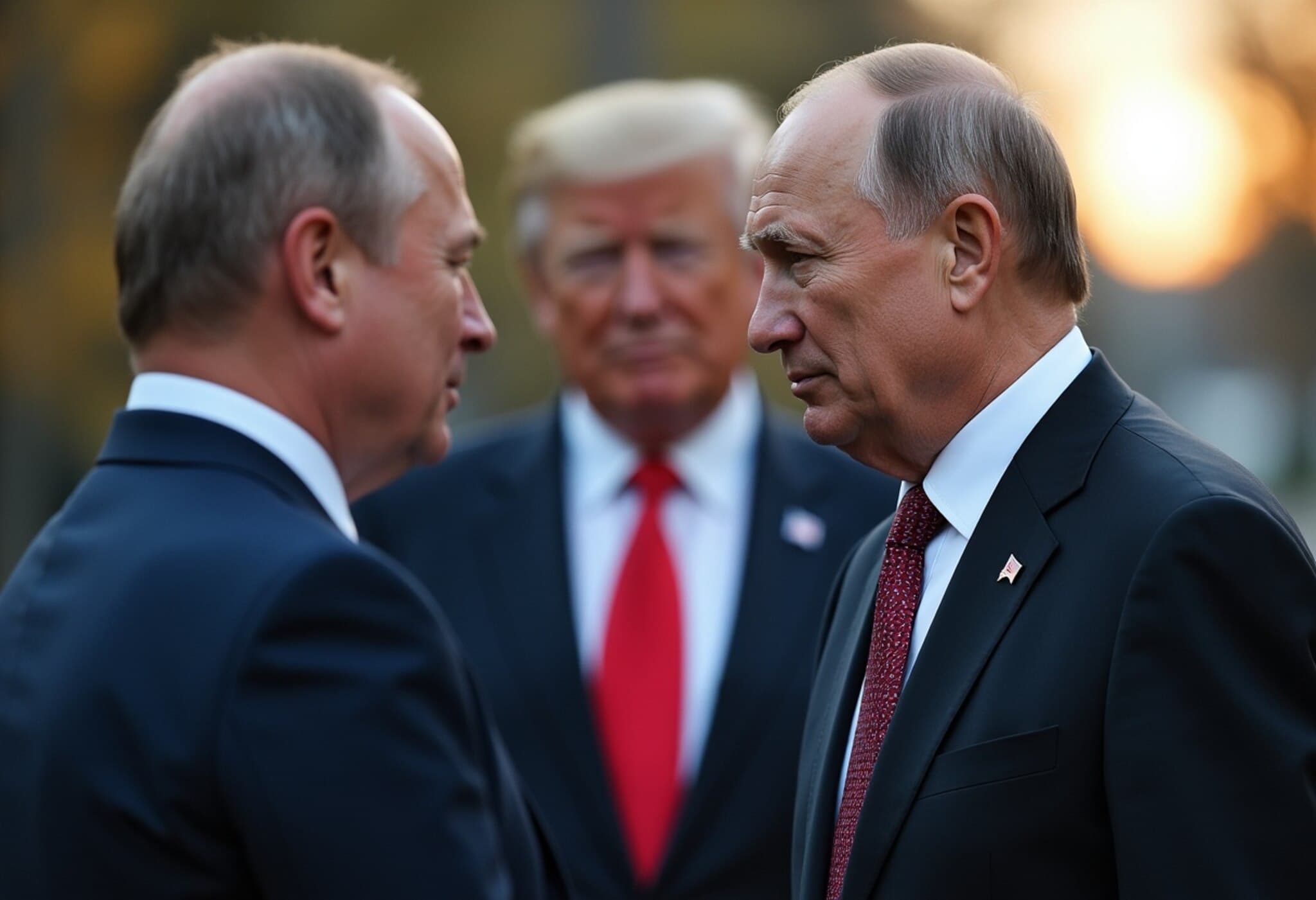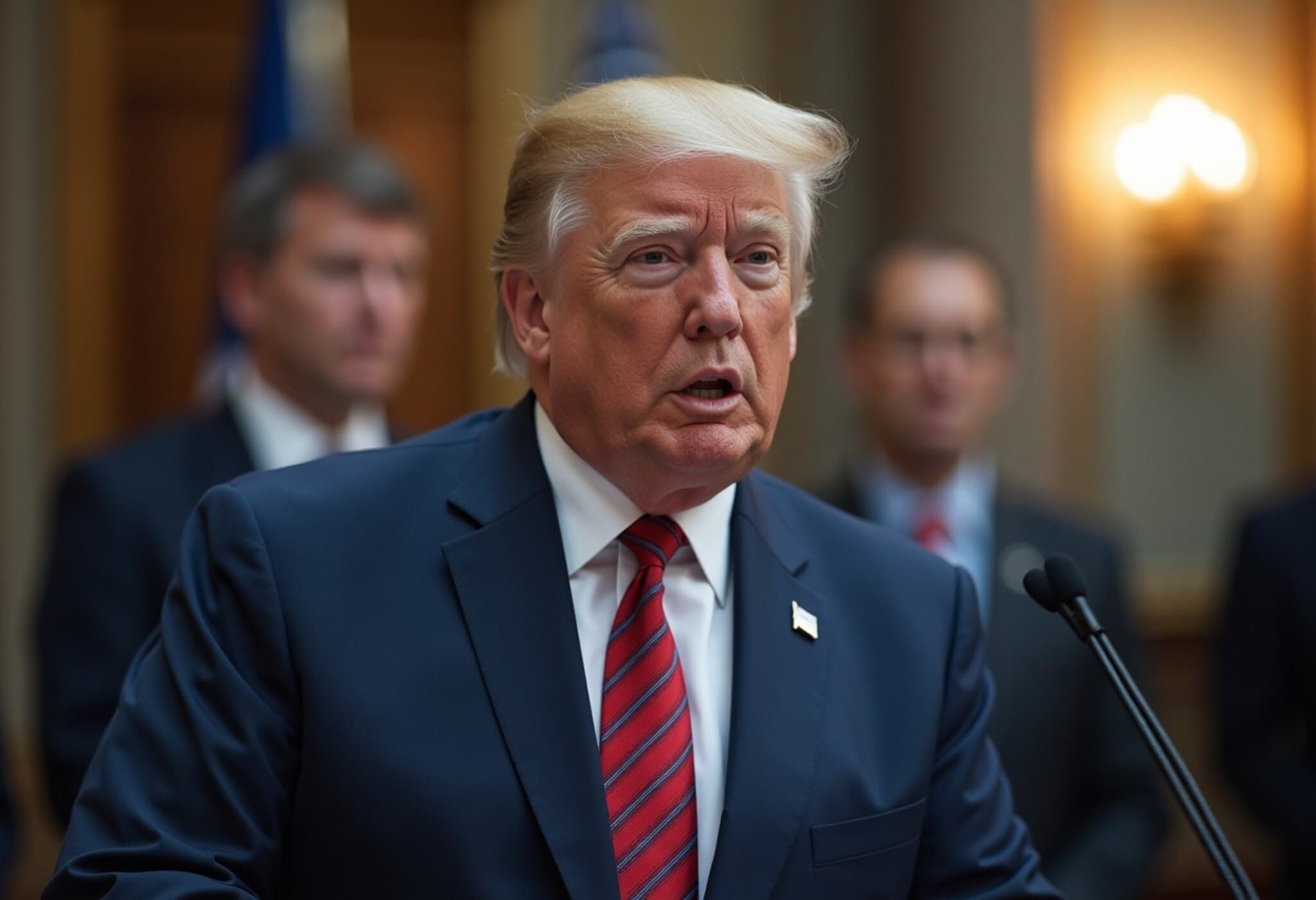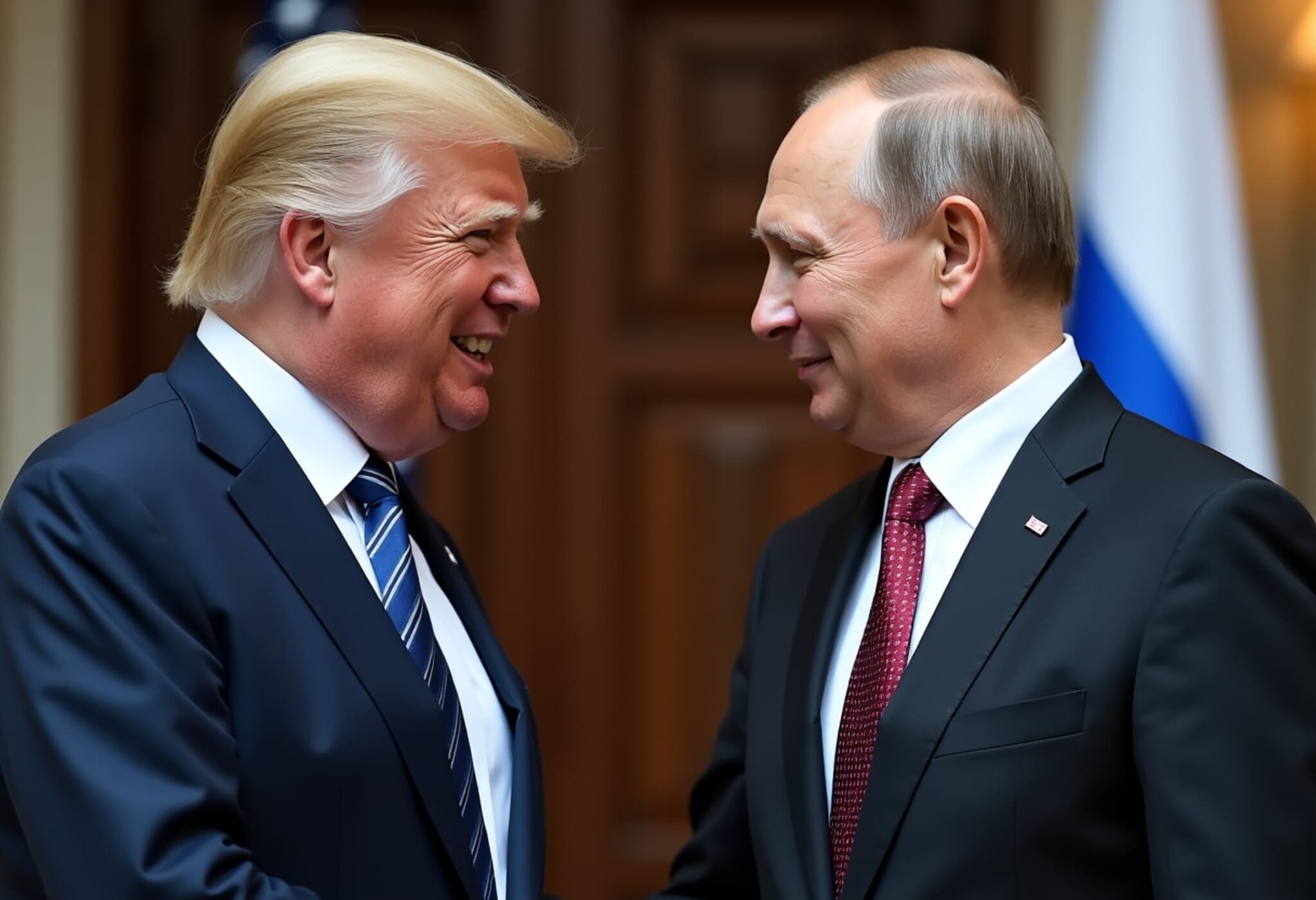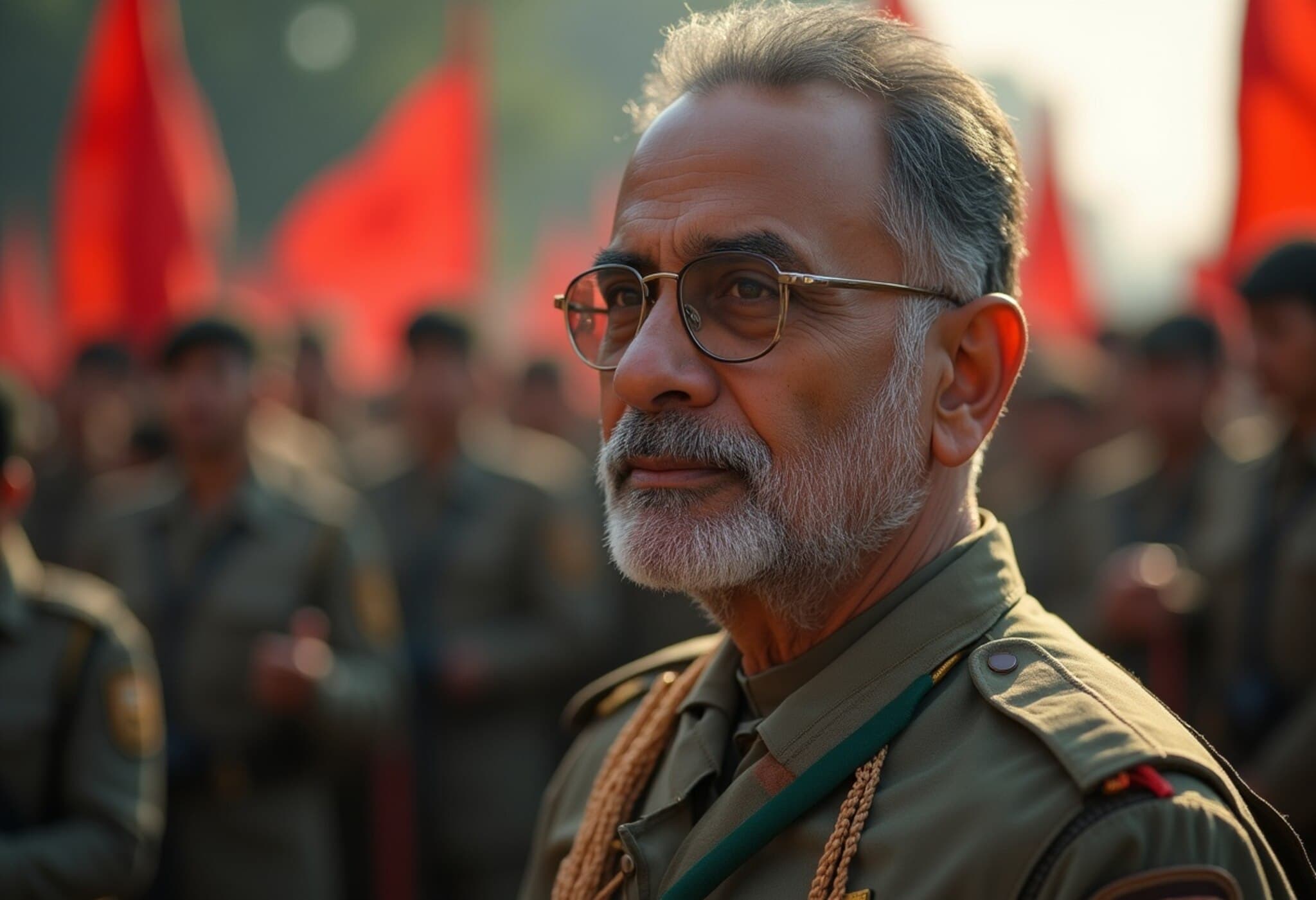Putin's Strategic Crossroads Amid Trump’s Call for Ukraine Talks
Russian President Vladimir Putin finds himself at a complex geopolitical crossroads as former US President Donald Trump publicly urges him to engage directly with Ukrainian President Volodymyr Zelenskyy. This unexpected diplomatic push places Kremlin in a precarious position: agreeing to meet may lend legitimacy to a leader Moscow has long dismissed, while refusal risks provoking further US sanctions amidst ongoing tensions over the war in Ukraine.
Trump’s Proposal: A Potential Breakthrough or New Pressure?
Following Trump's meetings with both Putin in Alaska and Zelenskyy alongside European allies in Washington, the concept of a high-level Putin-Zelenskyy summit has gained renewed attention. Trump framed the idea as a necessary step toward reopening peace negotiations, candidly acknowledging the long-standing hostility between the two leaders and emphasizing the delicate nature of such discussions.
"They haven’t been exactly best friends," Trump remarked, signaling that any meeting would demand meticulous preparation — a process steeped in both strategic calculation and political theater.
Domestic Politics vs. International Pressure
For Putin, the challenges go beyond optics. Moscow’s narrative has consistently portrayed Zelenskyy as a Western-deployed proxy lacking genuine authority, a cornerstone justification for Russia’s invasion efforts starting in 2022.
Putin’s insistence that only “legitimate authorities” can negotiate binding agreements serves not only as a legalistic stance but as a domestic political shield, preventing him from conceding any impression that he views Zelenskyy as an equal interlocutor. Kremlin spokespeople, including Foreign Minister Sergey Lavrov, echoed this cautious approach, describing top-level contacts as requiring extreme preparation, effectively stalling immediate bilateral talks.
- Refusing talks: risks renewed and intensified sanctions imposed by the US.
- Accepting talks: undercuts decades of Kremlin messaging and could weaken Putin’s grip on power by appearing conciliatory.
The Larger Geopolitical Chessboard
Experts emphasize that this dilemma transcends the personal rivalry between Putin and Zelenskyy and taps into a wider East-West confrontation. Tatiana Stanovaya, a respected analyst at the Carnegie Russia Eurasia Center, pointed out that Ukraine is merely the current stage in Putin’s broader strategy against the West. She explained, "In Putin’s view, Zelenskyy is insignificant. The Ukrainians fight only with Western backing."
Beyond territorial disputes, Putin envisions negotiations that could reshape post-Cold War European security architectures — a goal that some suggest former President Trump might find more palatable than traditional European leaders. This larger objective could, paradoxically, make a direct engagement with Zelenskyy a tactical consideration despite Putin’s personal disdain for the Ukrainian president.
Historic Context: Failed Attempts and Changing Perspectives
The dynamic duo of Putin and Zelenskyy has previously met only once in 2019, a brief encounter marked by fleeting hope before disagreements over ceasefire protocols quickly soured momentum. Since then, talks have stalled, and the war has escalated.
Zelenskyy, for his part, has consistently advocated for face-to-face negotiations as key to ending the conflict and recently softened his stance by removing the demand for a ceasefire as a precondition. "We should meet without conditions and explore progress," he said, signaling openness that counters earlier rigidity.
Risks and Rewards: Why Putin Hesitates
Putin’s current posture avoids direct meetings, preferring intermediated channels like the Istanbul format, where he can maintain distance and political cover. A direct Putin-Zelenskyy summit carries risks of political vulnerability, including potential rejection or perceived capitulation that could erode support within Russia’s power base.
Still, Kremlin insiders and analysts caution that if Trump can successfully nudge Kyiv’s leadership toward compromise, Putin might see value in a high-stakes meeting to secure a broader diplomatic breakthrough.
Stanovaya summed it up aptly: "Putin won’t risk an ambush where all his demands are rejected. But if Trump opens the door for Kyiv’s flexibility, a meeting could swiftly become advantageous."
Editor’s Note
This unfolding scenario spotlights not only the fragile balance of power in Eastern Europe but also how personal relationships and narratives shape diplomacy in a conflict with profound global implications.
Readers should watch closely for how Washington’s expectations influence Moscow’s decisions—and whether Putin will prioritize maintaining his domestic narrative or pragmatically engage to avoid escalations under US pressure.
In an era where symbolism can outweigh battlefield gains, a handshake or a snub between these leaders could pivot the course of the Ukraine war and reshape international relations.

